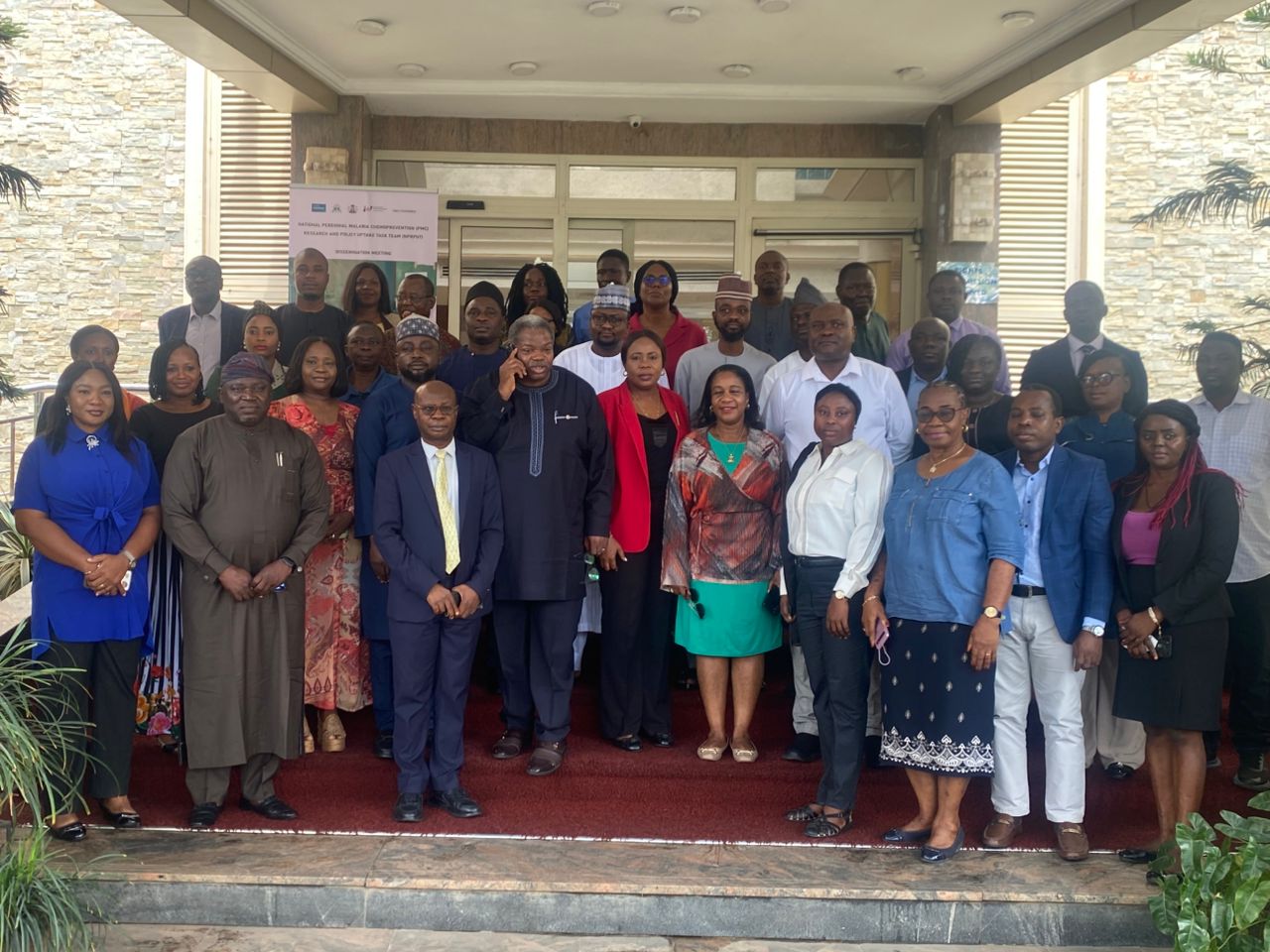Ele Wada
Nigeria is set to adopt Perennial Malaria Chemoprevention (PMC) as a national strategy to combat childhood malaria, after a two-year pilot study in Osun State showed the intervention could reduce severe malaria cases by up to 43 percent.
Chinazo Ujuju, Project Manager for the PMC project at Malaria Consortium Abuja, disclosed this during the fourth National PMC Research and Policy Uptake Task Force Meeting held in Abuja.
“Our results have been very interesting. PMC is effective, operationally feasible, and can be delivered alongside routine immunization. Caregivers and health workers alike have accepted it, and we are optimistic it will significantly reduce malaria burden among Nigerian children,” she said.
PMC involves giving children six doses of anti-malaria medicine aligned with immunization schedules, including PENTA 2 and 3, vitamin A supplementation, and measles vaccines. Unlike Seasonal Malaria Chemoprevention (SMC), which is administered in northern states where malaria transmission is seasonal, PMC targets the south, where transmission occurs all year round.
Nnenna Ogbulafor National Coordinator of the National Malaria Elimination Programme, confirmed that the intervention is under serious consideration for adoption.
“Findings from the field are very favourable. We have seen significant reduction not only in malaria cases but also in severity. Nigeria is poised to adopt this intervention for the survival of our children,” she said.
Professor Olugbenga Mokuolu, Strategic Advisor to the Minister of Health on Malaria Elimination, stressed that malaria cannot be eliminated through a single strategy.
Mokuolu noted: “Where seasonal transmission exists, SMC has been deployed in 21 northern states. For the south, PMC offers a tailored solution. The pilot has given us the evidence needed for scale-up.”
Representing the Permanent Secretary of the Ministry of Health and Social Welfare, Ogbulafor highlighted the importance of innovative strategies in malaria control. She pointed out that national prevalence had dropped from 42% in 2010 to 22% in 2021 and expressed hope of further decline in the ongoing 2025 Malaria Indicator Survey.
The Chief Executive Officer, Malaria Consortium’s, James Tibenderana, commended Nigeria’s leadership in embedding research into health policy.
“This project is a strong example of evidence guiding practice. Communities in Osun embraced the study, and we are now at a pivotal point for policy consideration,” he said.
In Osun State, where the study was conducted across eight local government areas, health officials pledged to expand the intervention statewide.
Dr. Akeem Bello, Director Public Health Osun State, assured stakeholders of the state’s readiness: “We have seen the impact and are prepared to collaborate with partners to scale it across all 30 LGAs.”
With Nigeria still carrying the world’s highest malaria burden, responsible for thousands of child deaths annually, stakeholders say PMC could become a game-changer in the country’s malaria elimination efforts.
“This intervention holds the potential to save lives and accelerate Nigeria’s journey toward a malaria-free future,” the Permanent Secretary, Daju Kachollom, affirmed in her welcome address.

